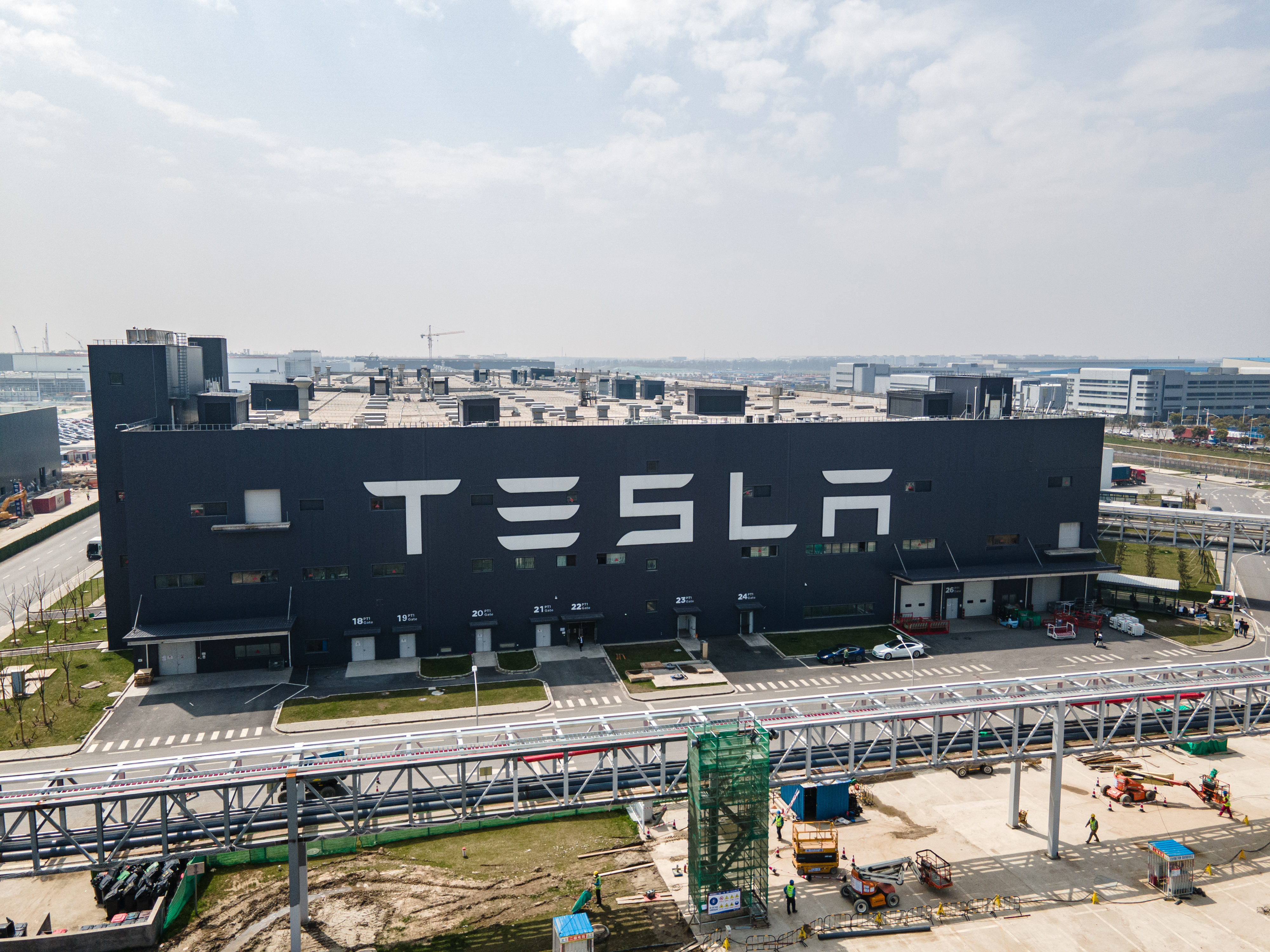Tech giants drag down the S&P 500
And more of the week's best financial insight

A free daily email with the biggest news stories of the day – and the best features from TheWeek.com
You are now subscribed
Your newsletter sign-up was successful
Here are three of the week's top pieces of financial insight, gathered from around the web:
Tech giants drag down the S&P 500
The handful of companies that powered the S&P 500 to new heights are now dragging the entire index down, said Karen Langley in The Wall Street Journal. "Apple, Amazon, Microsoft, Tesla, Google, and Facebook swelled to be so big in recent years that they accounted for 25 percent" of the benchmark U.S. stock index, which is weighted by market value. But since the market has turned, those six firms plus Netflix and Nvidia "are responsible for 46 percent of the benchmark's total 2022 losses." Slower-growing "value" stocks in the S&P 500 that are better positioned to handle rising inflation and higher interest rates have done better. Those include Exxon Mobil, Chevron, Merck, and AbbVie.
The Week
Escape your echo chamber. Get the facts behind the news, plus analysis from multiple perspectives.

Sign up for The Week's Free Newsletters
From our morning news briefing to a weekly Good News Newsletter, get the best of The Week delivered directly to your inbox.
From our morning news briefing to a weekly Good News Newsletter, get the best of The Week delivered directly to your inbox.
Late-life health-care costs
The average 65-year-old couple should expect to pay $315,000 on medical costs after retirement, said Maurie Backman in The Motley Fool. A Fidelity analysis finds that the math on health care challenges the assumption "that living costs drop drastically in retirement." It says men will "spend $150,000 on health-care costs throughout retirement," while women, who tend to live longer, should anticipate spending $165,000. That's with health-care coverage from Medicare Parts A, B, and D. Fortunately, "you have options." You can put more money into your 401(k) or IRA to cover health-care costs, or dedicate funds in a health-savings account, which is triple-tax advantaged: "The money you contribute is tax-free; investment gains are tax-free; and withdrawals are tax-free, provided they're used to cover qualified expenses."
A rare private-equity happy ending
A private-equity sale handed a windfall to everybody involved, said Dan Primack in Axios — including, for a change, employees. Last week, KKR agreed to sell CHI Overhead Doors, an Illinois-based garage-door maker, to steel maker Nucor for $3 billion. The deal was a massive success for KKR, which bought CHI for $600 million in 2015 and turned it around for one of its "largest returns in recent history." It's also "life-changing" for CHI's 800 employees, who gained shares through a stock-ownership program KKR put in place. With the sale, employees are getting a minimum of $20,000 and up to $800,000, depending on seniority. "The average hourly worker or driver" employed in CHI's factory or distribution centers "will receive $175,000, with some earning more than $400,000."
A free daily email with the biggest news stories of the day – and the best features from TheWeek.com
This article was first published in the latest issue of The Week magazine. If you want to read more like it, you can try six risk-free issues of the magazine here.
-
 The 8 best TV shows of the 1960s
The 8 best TV shows of the 1960sThe standout shows of this decade take viewers from outer space to the Wild West
-
 Microdramas are booming
Microdramas are boomingUnder the radar Scroll to watch a whole movie
-
 The Olympic timekeepers keeping the Games on track
The Olympic timekeepers keeping the Games on trackUnder the Radar Swiss watchmaking giant Omega has been at the finish line of every Olympic Games for nearly 100 years